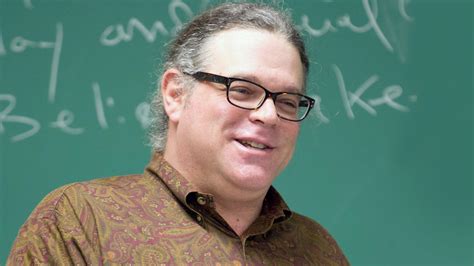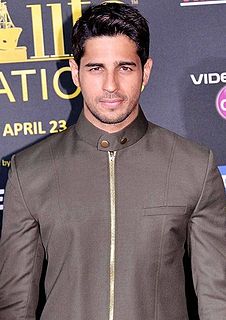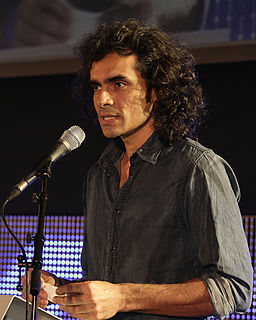A Quote by Philip Auslander
The dilemma of Brechtian performance is that, for all of Brecht's emphasis on rationality and the undermining of theatrical illusion, the actor must convincingly portray something that she is not.
Quote Topics
Related Quotes
I would warn against too much of a radical devotion to rationality. Rationality is an illusion, an invented concept, a construct from the mind of man. It is not a property of the universe. Rationality may be a useful tool when it suits our purposes, however, it is merely a measuring stick, calibrated against what we know of the nature of the universe - all of which may or may not be completely inaccurate.
To our real, naked selves there is not a thing on earth or in heaven worth dying for. It is only when we see ourselves as actors in a staged (and therefore unreal) performance that death loses its frightfulness and finality and becomes an act of make-believe and a theatrical gesture. It is one of the main tasks of a real leader to mask the grim reality of dying and killing by evoking in his followers the illusion that they are participating in a grandiose spectacle, a solemn or lighthearted dramatic performance.
You can say something that can really help and actor and you can say something that can really get in the way of an actor's performance, kind of cut them off from their instincts and really get into their heads. And every actor's different. Every actor requires something different. Being an actor, for me, was the greatest training to be a writer and director.
When I started, every film got a full theatrical distribution. Today, almost no low budget films, maybe two or three a year, will get a full theatrical distribution. We've been frozen out of that, which means they must be aware that for a full theatrical distribution it either has to be something like Saw or some exploitation film of today or an extremely well made personal film.
The director is the most important because, ultimately, as an actor, when you watch a movie, it looks like an actor is giving a performance, and they kind of are. But, what's actually happening is that an actor has given a bunch of ingredients over to a director, who then constructs a performance. That's movie-making.



































